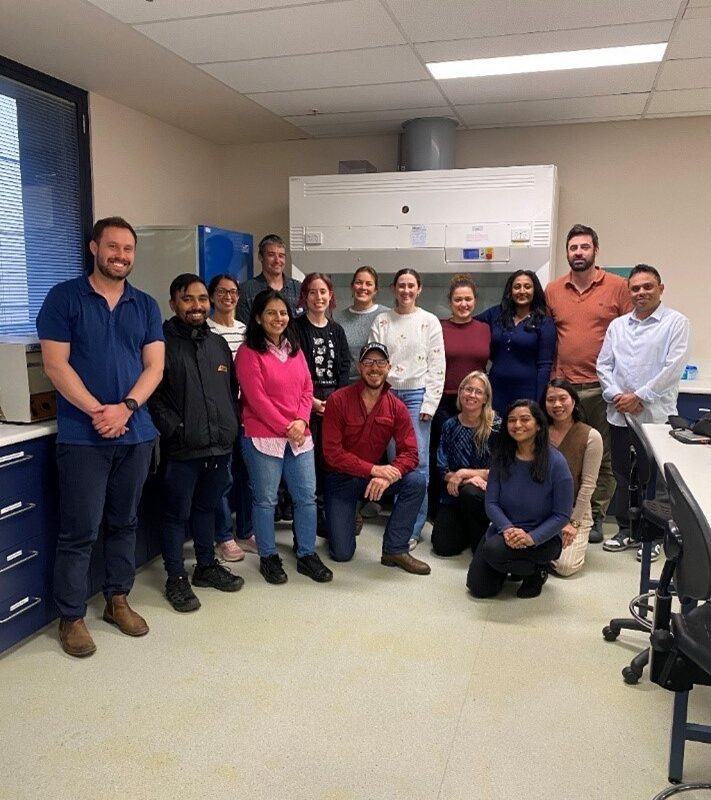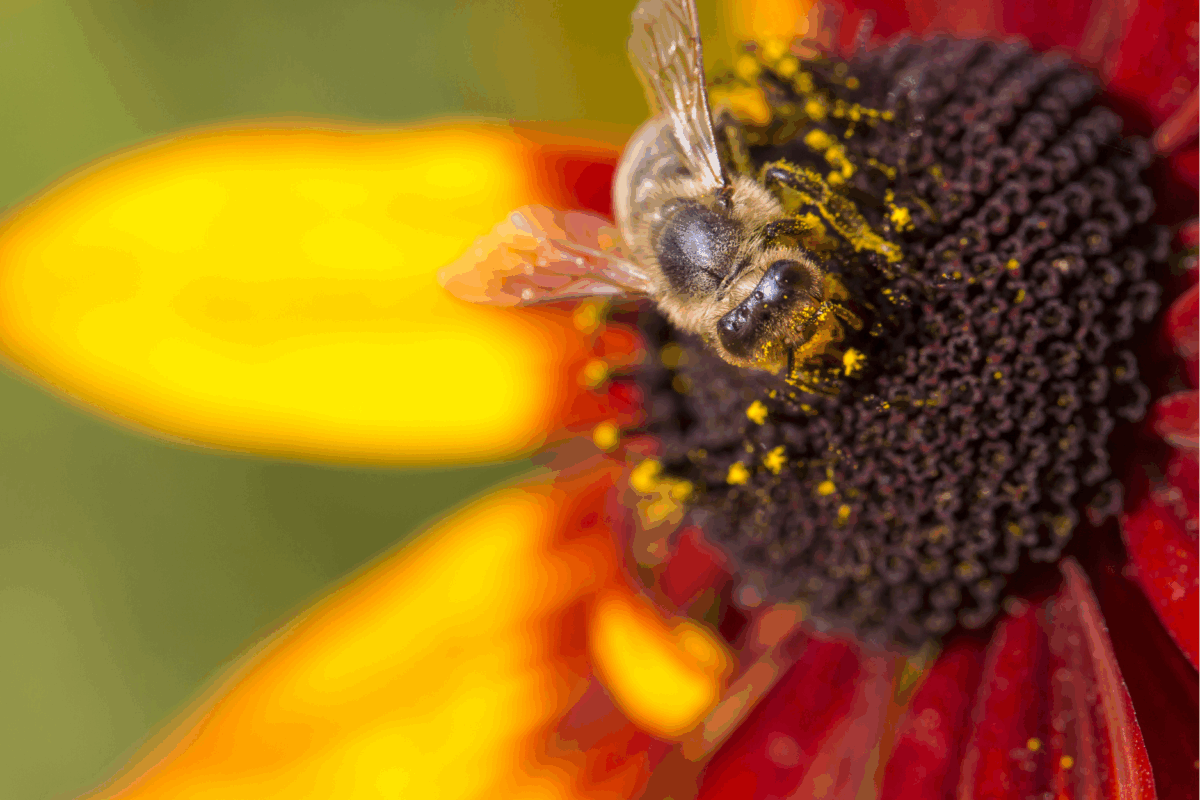Message from the CEO – December 2021
Despite recent flood and rain damage in the eastern states bringing heartbreak to some producers so close to harvest, the gross production value for crop growers is forecast to reach a record-breaking $78 billion – $5.4 billion more than predicted just a few months ago. Similarly, the value of agricultural exports is forecast to hit a record $61 billion. These are welcome figures for Australian producers who have been faced with drought, fires, floods, plagues, and the trade impacts of COVID-19 over the past two years. However, we need to remain vigilant with many plant diseases at our doorstep that could rapidly derail these promising results.
After experiencing one of the wettest Novembers in two decades, the Australian Bureau of Meteorology declared a La Niña event earlier this month with above average summer rainfall expected across most of northern and eastern Australia. Although La Niña is variable, it is encouraging news for those regions who have experienced years of ongoing drought. As our continent soaks up this beautiful rain replenishing water storage above and below ground, it will also bring with it a flourish of life in the form of weeds, pests and disease that can have significant impact to production.
In PHA news, we are excited to announce three new projects that will continue our work to minimise plant pest impacts, boost productivity and profitability for our plant industries.
CitrusWatch is a new five-year national biosecurity program; designed to protect the citrus industry from harmful exotic pests and diseases such as Asian citrus psyllid (Diaphorina citri) and huánglóngbìng (HLB).
A new three-year National Bee Pest Surveillance Program (NBPSP), funded via Hort Innovation from levies of pollination reliant industries, will build on the success of previous work and will continue to monitor high-risk ports for honey bee pests that threaten the Australian honey bee industry.
With the conclusion of Phase 3 (2018 – 2021) of the National Fruit Fly Council this month, we are working with our partners to secure funding for Phase 4 of the project over the next five-years. Read about the key activities delivered during Phase 3 below.
Our member meetings (AGM, Member Forum, Plant Industry Form (PIF), EPPRD signatories and AHA/PHA Joint Industry Forum) were held virtually last month. At the PIF, we welcomed Nathan Hancock CEO of Citrus Australia as the new Chairperson of the committee as well as Zarmeen Hassan (National Manager, Engagement and Extension, AUSVEG) and Rose Daniel (Technical Manager APAL) who have joined Anna Hooper (Manager, Industry Policy, Australian Grape and Wine) and Jenny Treeby (Industry Development Manager, Australian Table Grape Association). I look forward to working with the PIF in 2022 to progress national biosecurity outcomes across our plant industries and there is still room available on the committee to ensure we have a good cross section of our industries represented.
We also launched our new Strategic Plan 2022 –27 setting PHA’s direction for the next five years at our Members meeting. The new Strategic Plan considers the challenges and opportunities that may present in the near future and outlines our plan to improve Australia’s ability to identify and detect threats. The three pillars of our new strategy are responding effectively, strengthening partnerships, and enhancing integration. A copy of our new Strategic Plan 2022-27 is available for download on our website.
Earlier this month we launched three revamped courses on our Biosecurity Online Training platform. The free online courses, Plant Biosecurity in Australia, Pest Reporting and Responses (for Growers and Researchers) offer greater interactivity to enhance the online learning experience. Information on how to register is available on our website.
As we look ahead to 2022, the Australian Biosecurity Symposium has secured Dr Norman Swan, one of Australia’s most well-respected health journalists, to deliver the keynote speech. The abstract submission deadline has been extended to 28 January 2022 and we encourage anyone who are inspired to influence the direction of Australia’s future biosecurity system, who want to share research and innovation, or explore outside-of-the-box thinking and engage in challenging discussions, to submit their work.
Finally, I’d like to take this opportunity to thank our members, stakeholders and staff for their steadfast support during a challenging, yet productive year and wish you all a happy festive season and well-deserved break. PHA will be closing for the holidays from close of business on 24 December 2021 and will reopen on Tuesday, 4 January 2022. We look forward to working with and supporting you in 2022.
Sarah Corcoran
CEO, Plant Health Australia






